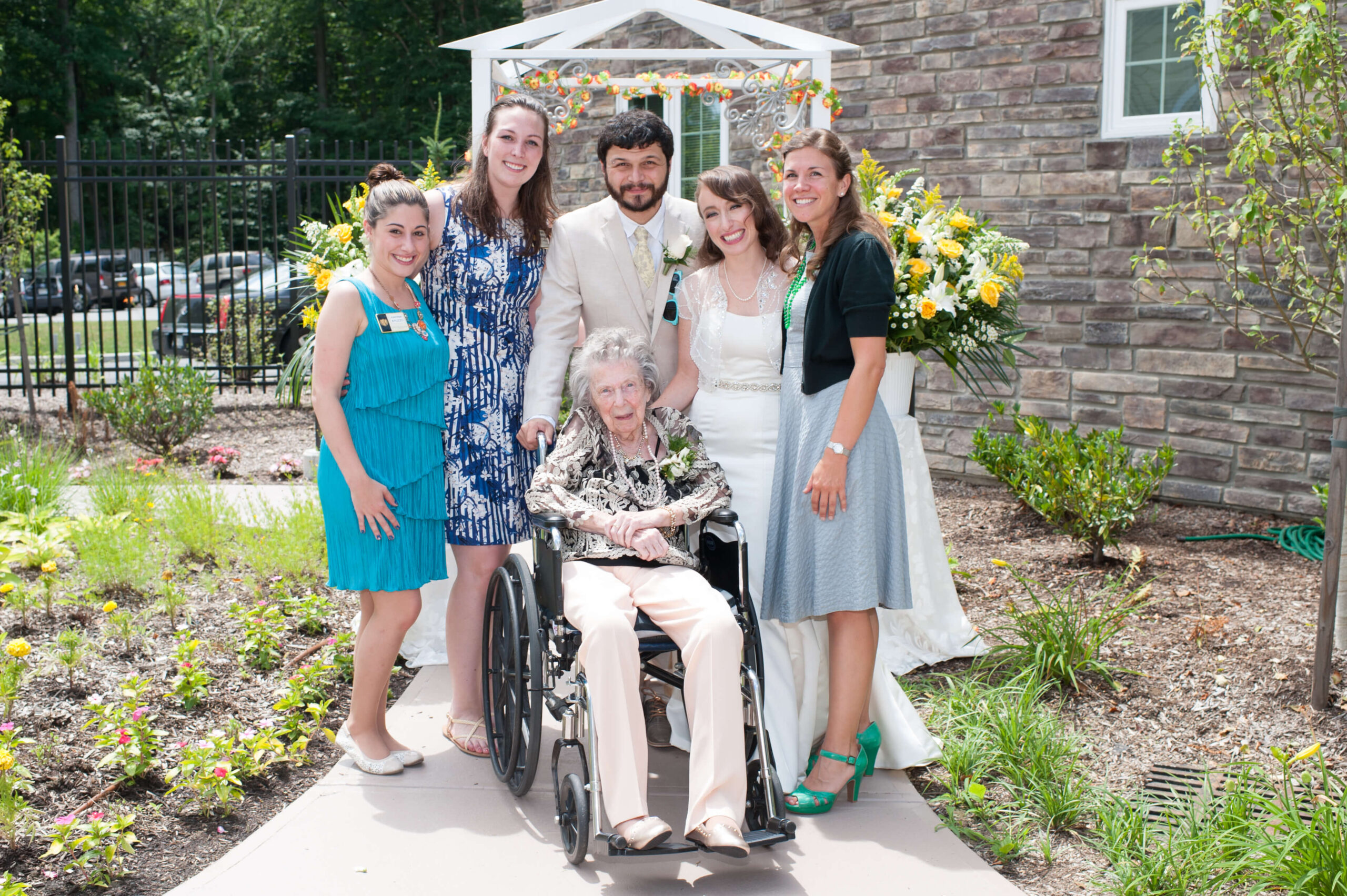Paul has a most loving relationship with his wife, Peggy. They have been married since 1957 and over the last six years, he has risen to the occasion in his role as “caregiver” since Peggy has been diagnosed with Alzheimer’s disease. Among the things he is doing right, he bought a GPS![]() for Peggy and leaves it in her purse, which, to date, she doesn’t leave the house without.
for Peggy and leaves it in her purse, which, to date, she doesn’t leave the house without.
Many families think that their loved one is not likely to wander off or get lost. Herein lies the misconception – they might not be prone to wander if their brain was working properly. The trouble is that the brain is broken. Broken, meaning it doesn’t work the way it is supposed to or the way it used to. Therefore, any person with dementia is at risk to wander and disappear without the knowledge of how to get help. In fact, 3 out of 5 people with Alzheimer’s disease will wander. This is what happened to Peggy.
On the Upper East Side of Manhattan, mid-morning, Paul noticed that Peggy was missing when he received an alert on his smart phone that Peggy had left the area. He immediately called his two children, who were able to track Peggy’s exact location on their mobile devices. Paul hopped into his car and started driving to Peggy’s location. She was moving too quickly to be on foot, so he figured she was in a cab, but then the worst case scenarios started racing in his mind.
Had she been grabbed? Mugged and hurt? Did someone see her 5K diamond ring and think they had a good ransom situation at hand? Is she safe? Is she scared? What can I do? Will I get to her in time? Will there be an altercation?
These questions and many more flooded Paul’s mind. He continued to follow Peggy, over the RFK Bridge, now entering Long Island. Panic paralyzed and moved him at the same moment. Time froze and time flew in the same moment. She was headed deep into Long Island. Peggy’s car finally stopped, in River Head – 3 major highways from home. His daughter called the local police. Paul called Peggy’s phone and a man answered. “Is Peggy with you?” he asked. “Yes”, came the reply. Paul was rather firm as he spoke with this total stranger that was now with his wife, answering her phone. Paul reached the destination and pulled up to a house to find a lovely man hosting Peggy in his living room. What in the world happened????
Rewind to 10 minutes before Paul knew Peggy had gone missing. Peggy walked into the parking garage of her building and demanded to the parking attendant, “give me that car, it is my husband’s” and the attendant obliged. Peggy drove herself to Riverhead, NY, in a car that did not belong to her or her husband. Then to top it off, she stormed her way into the home of a stranger, stating very proudly, “Honey, I’m home!” This stranger was kind enough to answer her phone and help her get home. Paul met her and picked her up 81 miles from home.
Because of this, Paul had to put in place another safety measure. Specifically, he notified garage staff that under no circumstances are they to release his car to Peggy. Instead, they should ask Peggy to wait, and then call Paul or one of her children for directions.
I cannot stress enough the importance of safety and taking preventative measures when caring for someone with cognitive impairment. Paul and Peggy’s episode is not an isolated one. Fortunately, Paul was proactive by planting the GPS on Peggy. A GPS is a great tool in helping you reach a destination. However, they are being used for many other purposes: runners use them, parents use them to keep track of children, and even pets are wearing them. Caring successfully for someone with dementia requires a proactive attitude and a discerning mindset about the capabilities of an adult with cognitive impairment. Do you care enough about someone to keep them safe?
Here are more proactive tips to prevent someone with Alzheimer’s disease from wandering:
- If your loved one has a history of wandering, do not leave them unattended
- Install extra locks
 and secure all doors
and secure all doors - Place signs on doors that say “Stop” or “Do not enter”
- Install alarms
 in your home or a system that alerts you when doors are opened
in your home or a system that alerts you when doors are opened - Camouflage doors by placing curtains over them
Here are other devices that are available today:
- Most Smart Phones have a GPS option
- GPS Shoes http://www.gpssmartsole.com/
- GPS watch https://www.keruve.com
- GPS insoles http://www.gpssmartsole.com/
- Project Lifesaver: http://www.projectlifesaver.org/
- GPS car tracker http://www.personalgpstrackers.co.uk/gps-trackers/gps-vehicle-tracker
–Kerry Mills
Dementia Coach





It’s actually a cool and helpful piece of information. I’m happy that you simply shared this useful info with us. Please keep us informed like this. Thank you for sharing.